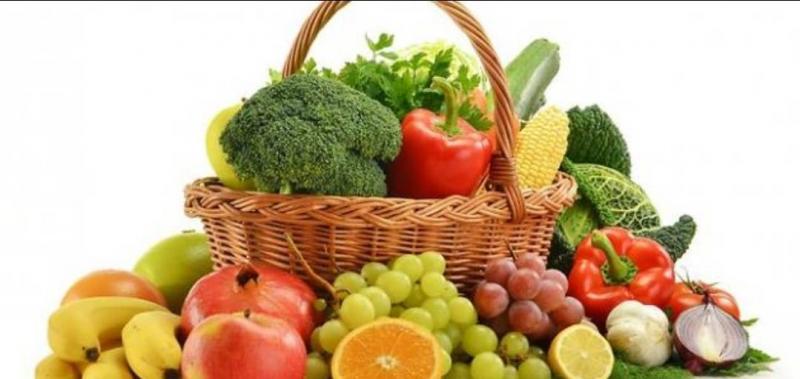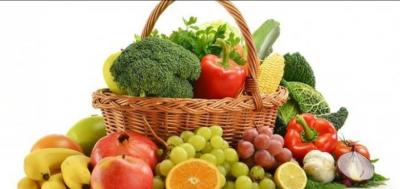A new study suggests that what we learned in childhood about the number of servings of fruits and vegetables we should consume daily is actually incorrect. While consuming 5 servings is considered good, it is not sufficient; the optimal amount is to consume 8 servings of these healthy foods daily.
Researchers at the Norwegian University of Science and Technology (NTNU) analyzed a wide range of data to determine the relationship between fruit and vegetable consumption and the incidence of chronic diseases. The team used 142 pages from 95 major population studies that examined the links between the consumption of various foods and the occurrence of chronic diseases. They found that consuming 8 servings daily, rather than just 5, is ideal for enhancing individual health. Shockingly, the study showed that for every increase of 200 grams in fruit and vegetable consumption, the risk of stroke and early death decreased by 10.8%. This result remained consistent as long as the increase did not exceed 800 grams. Furthermore, the researchers concluded that if fruit and vegetable consumption worldwide were evened out to optimal levels, 7.8 million deaths could be prevented annually. This includes between 2 million and 4 million deaths related to cardiovascular diseases, and 660,000 deaths linked to cancer.
**It’s Not Too Late to Add More Fruits and Vegetables to Your Diet:** Dr. Dagfinn Aune, the lead author of the study, suggests that the greatest benefits will be reaped by those who hardly consume any fruits or vegetables. He states, "The impressive part of this study is that the association between fruit and vegetable intake and mortality rates is greater than one would expect based on the relationships we find with cardiovascular diseases and cancer. Therefore, it is conceivable that eating fruits and vegetables is beneficial in preventing other diseases and causes of death as well. However, since we have very limited data, we could not conduct analyses for other causes of death, which is something we want to follow up on in future research."
It is noteworthy that those who consume higher amounts of fruits and vegetables tend to be more physically active than others, smoke less, and consume less red meat and alcohol. Both apples, pears, citrus fruits, leafy greens, cruciferous vegetables, and salads have been linked to a reduced risk of cardiovascular diseases, while green and yellow vegetables and cruciferous vegetables have a greater impact in reducing cancer risk. Interestingly, the study found that canned fruits actually increase the risk of cardiovascular diseases or early death, unlike fresh fruits and vegetables.




